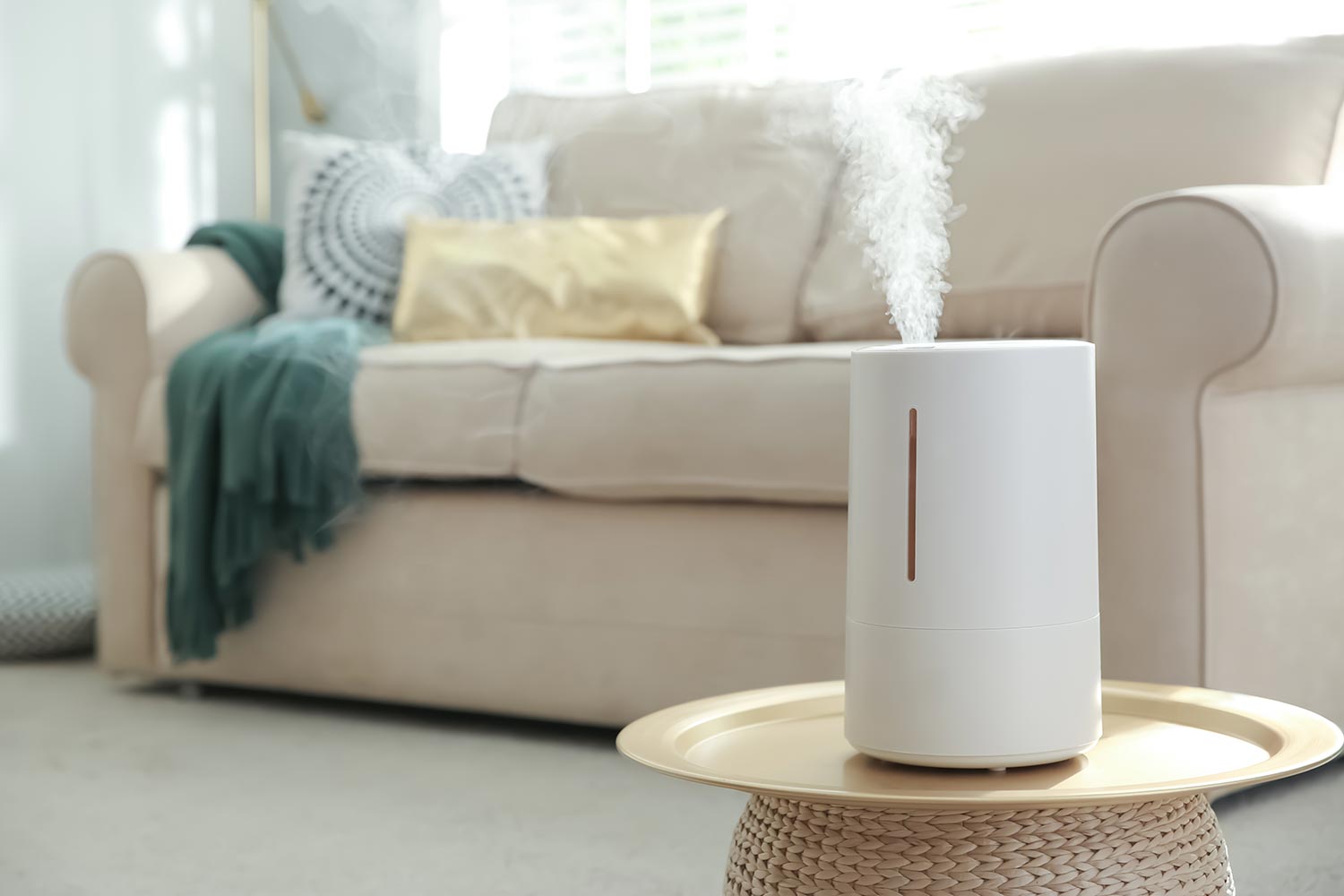A humidifier is a device that should be taken seriously because it can impact your health. If you're wondering whether it's safe to use tap water in a humidifier, read on. We researched this question thoroughly and will provide you with a reliable answer in this post.
You can definitely use tap water in your humidifier. However, it is not advisable since it can damage the device in the long run. It can also impact the health of you and your family.
Now that you know that you should not use tap water in your humidifier, we'll cover what water it would be best to use for it so that you can make your humidifier beneficial for both your home and your health. So please read on! Without further ado, we will delve into the details!
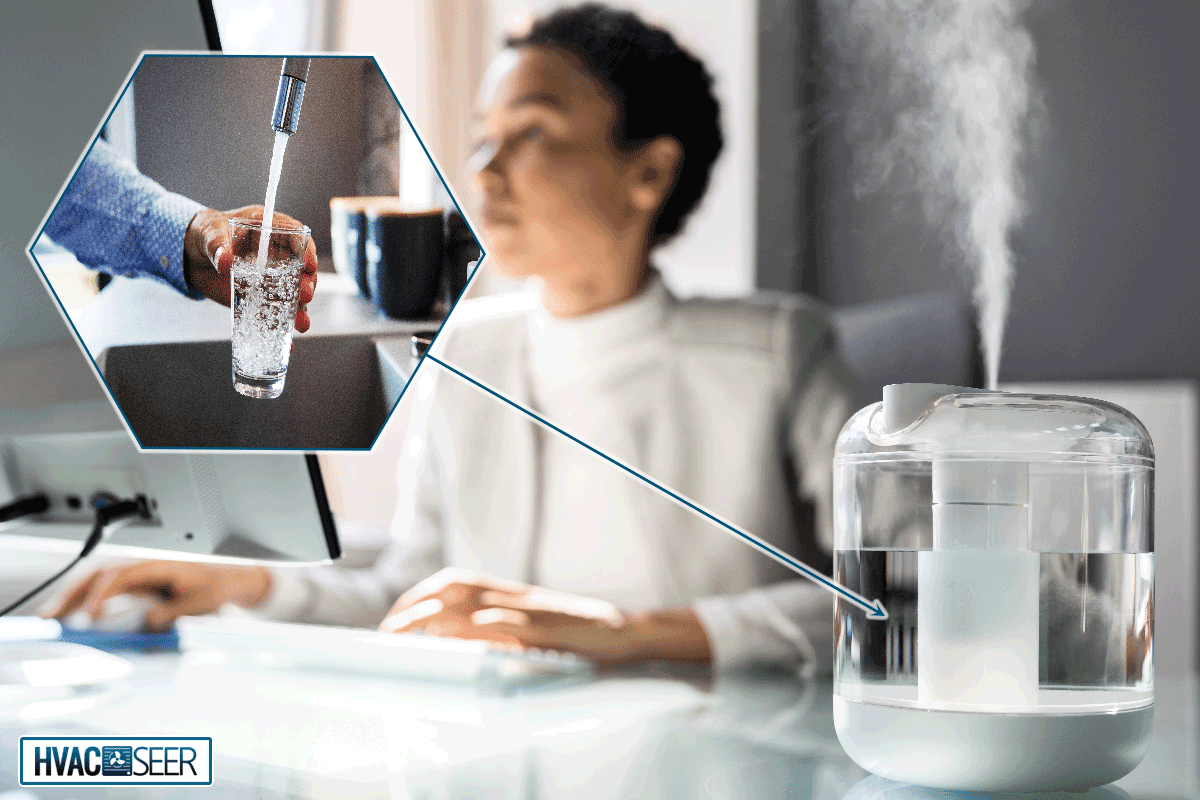
Why Shouldn't You Use Tap Water In Your Humidifier?
There are two things tap water may contain: minerals or bacteria. Humidifiers are warm and damp by nature, providing an excellent environment for mold and germs to thrive. Mineral accumulation and mold growth can wreak havoc on your humidifier's performance and cause health issues for you and your family.
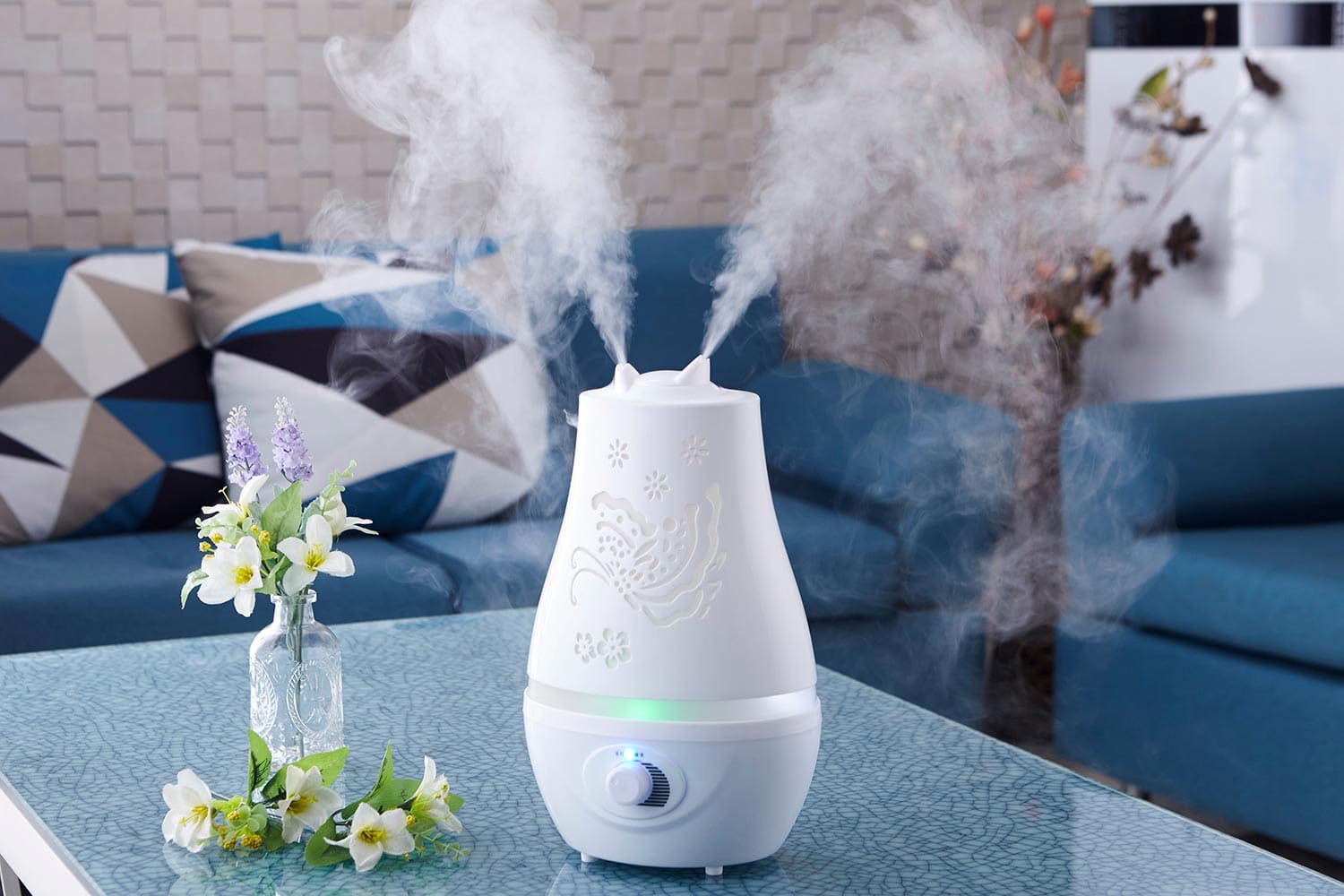
When using tap water in a humidifier, mineral deposits build in the filter and tank. They can accumulate and jam your unit over time, causing it to malfunction.
Furthermore, tap water typically contains bacteria and other unpleasant microorganisms, depending on where you live. So when you put the tap water in your humidifier, it releases all of these bacteria into the air, causing health risks such as respiratory problems, particularly in children.
What Is The Best Water For Humidifiers?
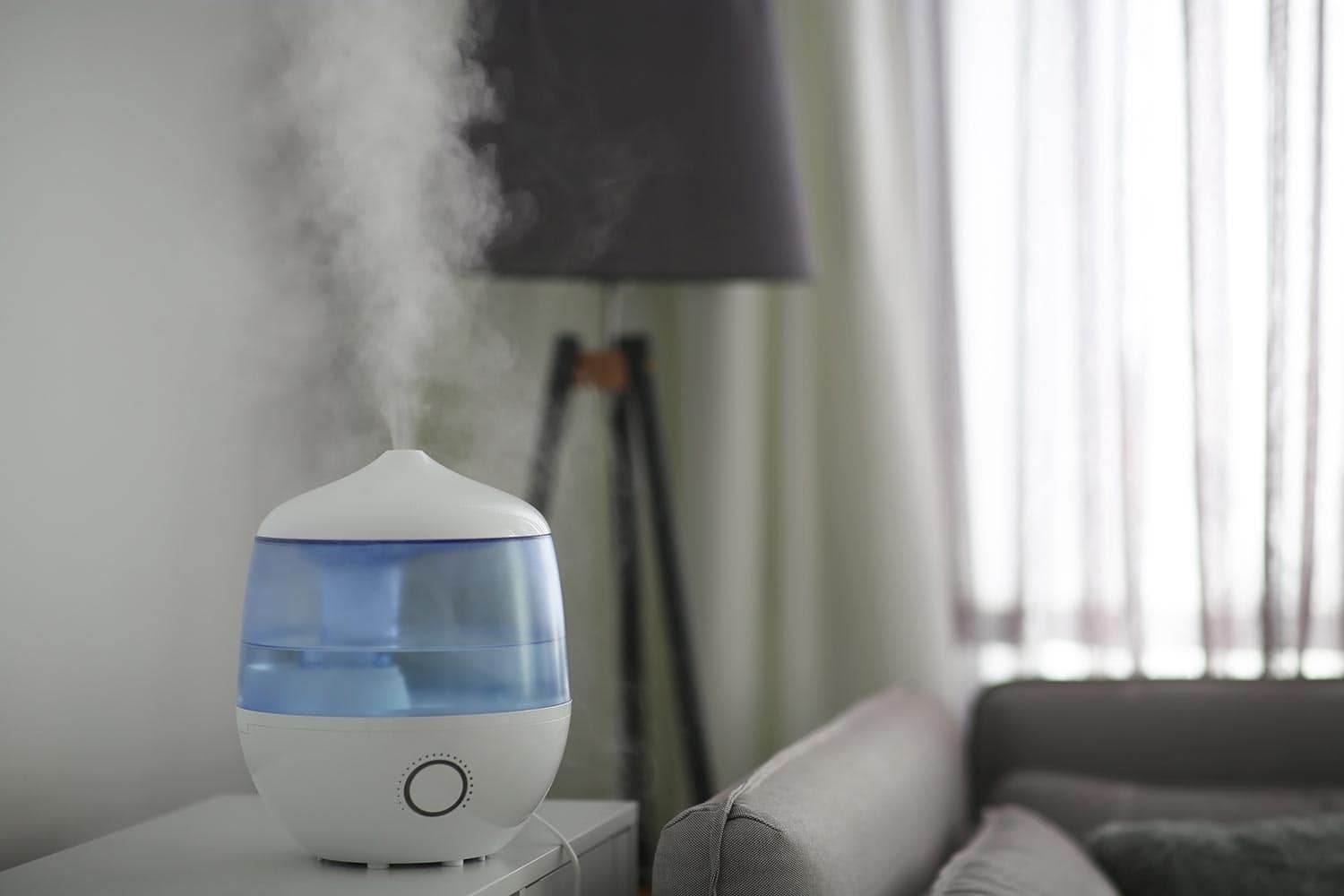
The best water to use for your humidifier is one that doesn't have bacteria, viruses, and minerals. Only distilled water meets all these criteria and is entirely safe for humidification. If you're curious about other options and how they can affect your humidifier, here's all you need to know.
1. Distilled Water
To begin, consider why this type of water is ideal for your humidifier. Distilled water is primarily steam because it is boiled until it reaches the steaming point, then cooled to a liquid state and gathered separately.
Germs, minerals, viruses, and other unsavory substances are left behind. Distilled water is commonly utilized in laboratories, medical equipment, and other places because of its purity. As a result, using it in your humidifier to acquire the purest form of moisture in your air is only logical.
2. Purified Water
The purification method is the only difference between this type of water and distilled water. Purified water undergoes processes such as ion exchange, reverse osmosis, and others.
It's safe to utilize for improving humidity levels because it's the same as distilled water and includes no contaminants and minerals.
3. Bottled Water
Bottled water, just like tap water, is not safe for your humidifier. It has a variety of minerals that might congest your humidifier.
Furthermore, several studies have found that bottled water contains far more bacteria than tap water. While using this in a humidifier isn't harmful to your health, it is also not the ideal water for a humidifier.
4. Boiled Water
If you boil water, you can eliminate most bacteria and viruses. To 'purify' the water, however, you must physically clear all contaminants such as minerals and metals, as in distillation, and heating the water will not achieve this
As a result, your humidifier will not humidify the air as safely as using distilled water.
5. Demineralized Water
Deionization is a filtering technique that removes pollutants from this sort of water. As a result, minerals and contaminants are absent from the water.
While some claim it to be as pure as distilled water, the steps it takes determine whether it is entirely devoid of microbes. But one thing is certain: it contains few minerals and, in some cases, none, making it a good choice for humidifiers.
What To Put In A Humidifier: Hot Or Cold Water
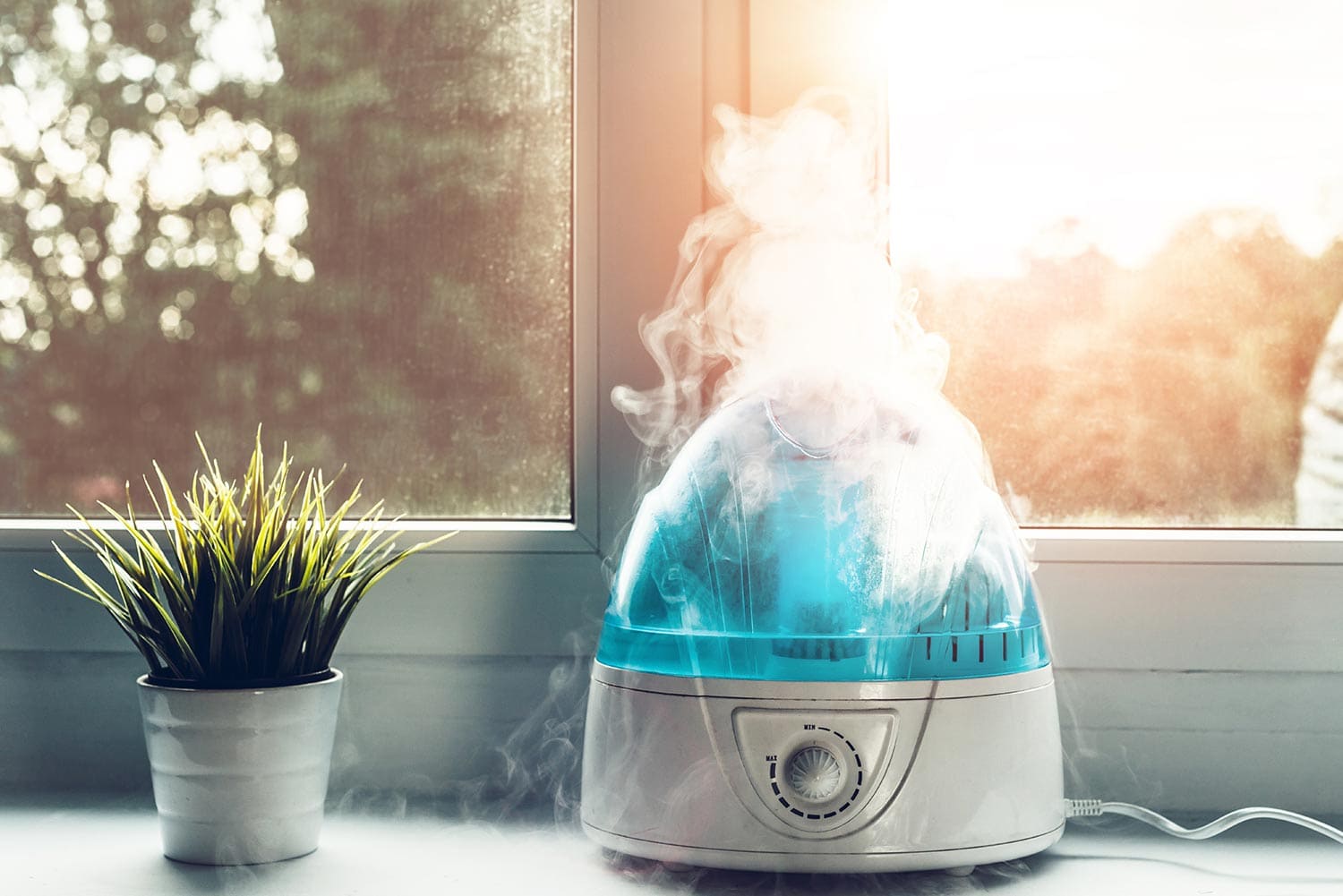
Let's talk about the temperature of the water now that we've determined what type of water works best for a humidifier.
Assume you have a simple humidifier with no cool or hot mists. Is it better to use hot or cold water? You can determine a part of the solution by your personal preferences.
Hot Water
Hot water holds more moisture and creates a warm mist, which can benefit people with flu and colds. However, inhaling warm air might cause discomfort for some people. Furthermore, if your humidifier is not made for producing a warm mist, hot water may cause inside damage.
In addition, heated water encourages bacteria and mold growth inside the reservoir, which ends up in the air you breathe.
Cold Water
Using cold water in a humidifier, on the other hand, can decrease the air temperature and produce more comfortable air to breathe.
It's also harmless because pets and youngsters aren't in danger of stumbling over a steamy humidifier and getting burned. In contrast to hot water, which has a greater mineral concentration, cold water has fewer dissolved minerals.
What Are The Mistakes That People Make Using Humidifiers?
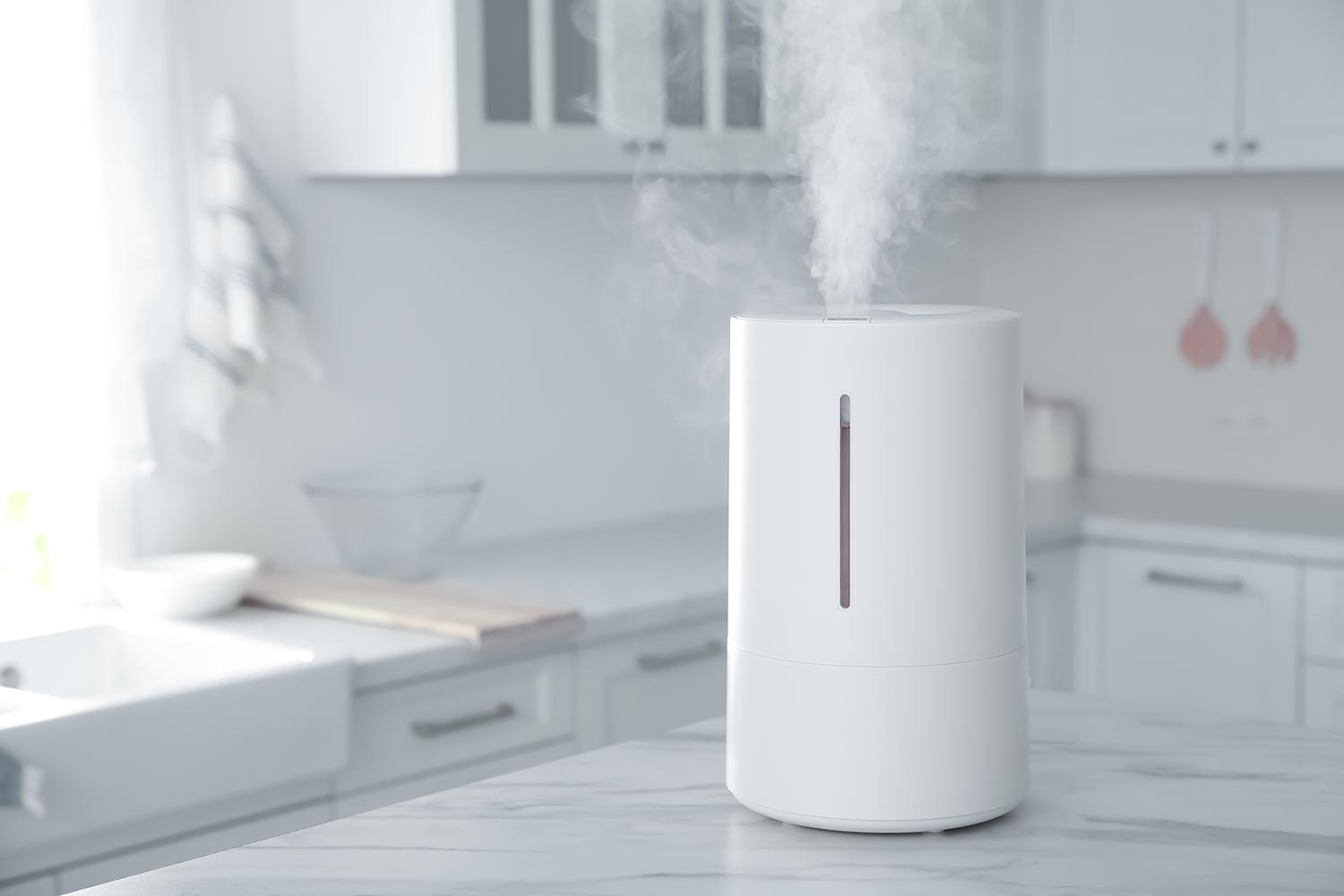
If you use a humidifier to improve your nasal allergies, skin, or other respiratory problems, it would be best to be cautious about the mistakes you might be making while using it.
Here are the top five humidifier mistakes to avoid.

